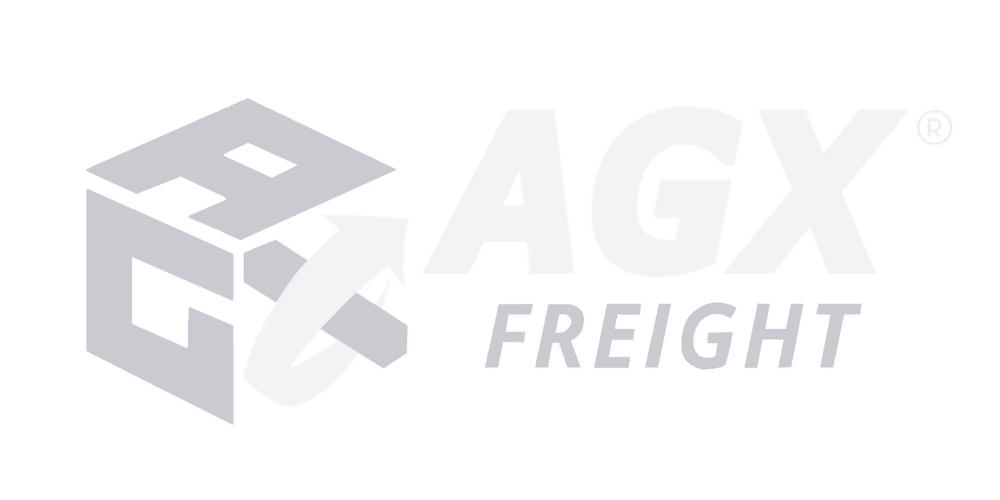Navigating the Complex Terrain of Predatory Towing: ATRI's Insights for the Trucking Industry
In the dynamic landscape of freight logistics, the towing and recovery (T&R) industry plays a crucial role in maintaining stable and reliable supply chains. However, conflicts often arise between the trucking and T&R industries due to conflicting priorities and objectives. The American Transportation Research Institute (ATRI) has recently delved into the causes and countermeasures of predatory towing, shedding light on issues that impact shippers, truck drivers, and others invested in the freight logistics industry.
Challenges and Conflict:
Conflicting priorities between motor carriers and T&R companies are evident, particularly in police-initiated, post-crash tows where carriers have limited control over service providers. Challenges faced by T&R companies, such as financing expensive towing equipment and covering vast geographic areas, contribute to miscommunication, disagreement, and, unfortunately, predatory practices.
Understanding Predatory Towing:
Predatory towing is defined as any incident involving overcharging, illegal asset seizure, improper equipment use, or illegitimate withholding of a truck, trailer, and/or cargo. ATRI's research identifies two primary forms of overcharging: excessive costs (hourly, per-mile, or per-pound) and charges for unnecessary additional equipment. The consequences of predatory towing extend beyond the immediate incident, impacting insurance premiums and leaving motor carriers and/or drivers responsible for uncovered costs.
Case Studies:
Recent incidents underscore the prevalence of predatory towing. In Virginia, a motor carrier faced a staggering $202,000 invoice for a single-vehicle incident recovery. Chicago experienced a rise in unsolicited and illegal tows over five years, while a $6,000 bill for a 16-mile tow went viral in 2023. Even when contested, T&R companies withhold equipment and cargo until payment is finalized, causing disruptions to supply chains, particularly affecting small fleets or owner-operators.
Regulatory Response:
Recognizing the need for regulation, groups in multiple states are advocating for increased oversight of the T&R industry. A detailed exploration of state regulations and ongoing efforts is outlined in the report's dedicated section. The heightened focus on predatory towing led the ATRI Research Advisory Committee to prioritize research on its causes, frequency, and mitigation strategies.
Common Forms of Predatory Towing:
ATRI's research highlights that predatory billing is the most common form of predatory towing, affecting 82.7% of motor carriers. Excessive rates and unwarranted extra charges impact the industry, compounded by improper vehicle seizure, release issues, and withheld cargo. The lack of standardized invoice itemization practices in the T&R industry, combined with a complex web of local and state regulations, exacerbates these issues.
Statistical Insights:
Based on an independent analysis of motor carriers' records from 2021 to 2023, the report reveals that 29.8% of crash-related tows involved some form of predatory billing. This emphasizes the prevalence of unethical business practices in the aftermath of accidents, highlighting the need for industry-wide improvements.
Conclusion:
As the ATRI brings attention to the complexities of predatory towing, it underscores the importance of collaborative efforts to improve the relationship between the towing and trucking industries. By understanding the causes and consequences of predatory practices, stakeholders can work towards effective countermeasures that foster a more transparent and equitable freight logistics landscape.
